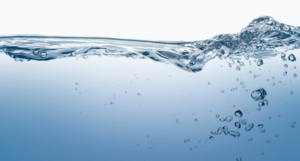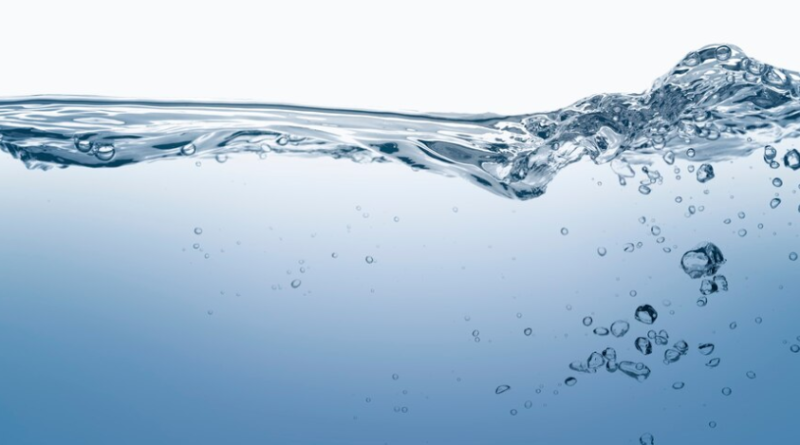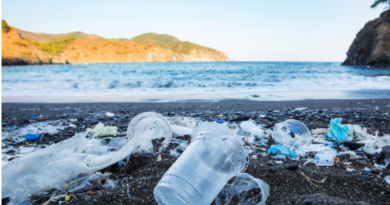Importance of clean water in the Environment
Introduction:
Clean water, the elixir of life, is essential for the well-being of every living creature on Earth. In recent times, the discourse around clean water has gained significant attention, with legal battles, environmental concerns, and personal health considerations at the forefront. In this blog, we will delve into various aspects of clean water, ranging from recent Supreme Court rulings on the Clean Water Act to everyday practices for ensuring safe and clean water.

Supreme Court Wetlands Clean Water Act:
The Supreme Court’s involvement in shaping water protection policies, particularly through the Clean Water Act, has been a pivotal force in safeguarding wetlands and water bodies. Recent rulings underscore the importance of balancing environmental conservation with economic interests, emphasizing the need for a sustainable approach to water management.
Importance of Safe Drinking Water:
Safe drinking water is fundamental to human health. Contaminated water can lead to a myriad of health issues, from waterborne diseases to long-term health complications. Access to clean water is a basic human right, and efforts must be made to ensure that every individual has access to safe drinking water.
Uses of Clean Water in Daily Life:
Clean water is not only essential for drinking but also plays a crucial role in daily activities such as cooking, bathing, and sanitation. The significance of clean water in our routine lives cannot be overstated, it influences everything from personal hygiene to food preparation.
Importance of Clean Water and Sanitation:
Clean water and sanitation are interconnected pillars of public health. Proper sanitation practices, coupled with access to clean water, contribute significantly to disease prevention and community well-being. Sustainable development goals worldwide underscore the need for universal access to clean water and sanitation.
Importance of Clean Water in the Environment:
Beyond its role in human life, clean water is vital for maintaining ecological balance. Aquatic ecosystems, wetlands, and diverse flora and fauna rely on clean water for survival. Protecting water sources and ensuring water quality is crucial for preserving biodiversity and sustaining the planet’s health.
Benefits of Clean Water:
- Improved Health : Clean water reduces the risk of waterborne diseases, promoting better health outcomes.
- Environmental Preservation: Protecting water sources contributes to the conservation of ecosystems and wildlife.
- Economic Prosperity : Access to clean water supports agriculture, industries, and overall economic development.
Captains for Clean Water:
Organizations like “Captains for Clean Water” are instrumental in advocating for clean water policies, emphasizing the importance of protecting water resources for the well-being of communities and ecosystems alike.
FAQs:
Q. How to Clean Hard Water Stains?
Ans. Hard water stains can be removed using vinegar, lemon, or commercial descaling products. Regular cleaning can prevent the buildup of these stains.
Q. Does Flint Have Clean Water?
Ans. Despite ongoing efforts, Flint, Michigan, has faced challenges in providing consistently clean water to its residents. Water quality improvements are still a priority in addressing the long-standing issues.
Q. How to Clean Water Dispenser?
Ans. Cleaning a water dispenser involves regularly sanitizing the reservoir, changing filters, and wiping down external surfaces. Detailed manufacturer instructions should be followed for specific models.
Q. How to Clean Water Bottle?
Ans. Water bottles should be washed with hot, soapy water regularly. Additionally, using a mixture of vinegar and baking soda can help remove odors and stains.
Q. How to Clean Water at Home?
Ans. Home water purification methods include boiling, using water filters, or investing in water purification systems. These methods help ensure that the water you consume is safe and clean.
Conclusion:
Clean water is an invaluable resource that touches every aspect of our lives, from personal health to environmental sustainability. By understanding its importance, advocating for proper legislation, and adopting responsible practices, we can work towards a future where clean water is a universal right and a shared responsibility.




